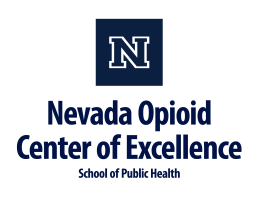(Revised April 2021) Substance misuse, dependency, and substance use disorders (SUDs), including opioid use disorder (OUD), are prevalent among Nevada adult populations, including among individuals of reproductive age. Subsequently, OUD also occurs during pregnancy at an alarming rate with far reaching effects on both the parent and infant. SUD is a primary chronic disease similar to diabetes and hypertension, not a moral failure or character weakness, and should be treated as such by the medical professionals who care for pregnant patients and their infants. Currently, pregnant patients with SUD who present to Labor & Delivery (L&D) units, may receive significant variation in services. These differences include identification and treatment of SUD, identification and treatment for the infant(s), reproductive planning, and care coordination. Practice variance without the use of common generally accepted expert guidelines may potentially lead to parental and/or neonatal complications before, during, and/or after delivery. This reference guide aims to address some of these variances and provide a resource with best practices, guidelines, and protocols for medical professionals involved in the care of pregnant patients with OUD who are admitted to L&D units for delivery and their infants up until discharge.
